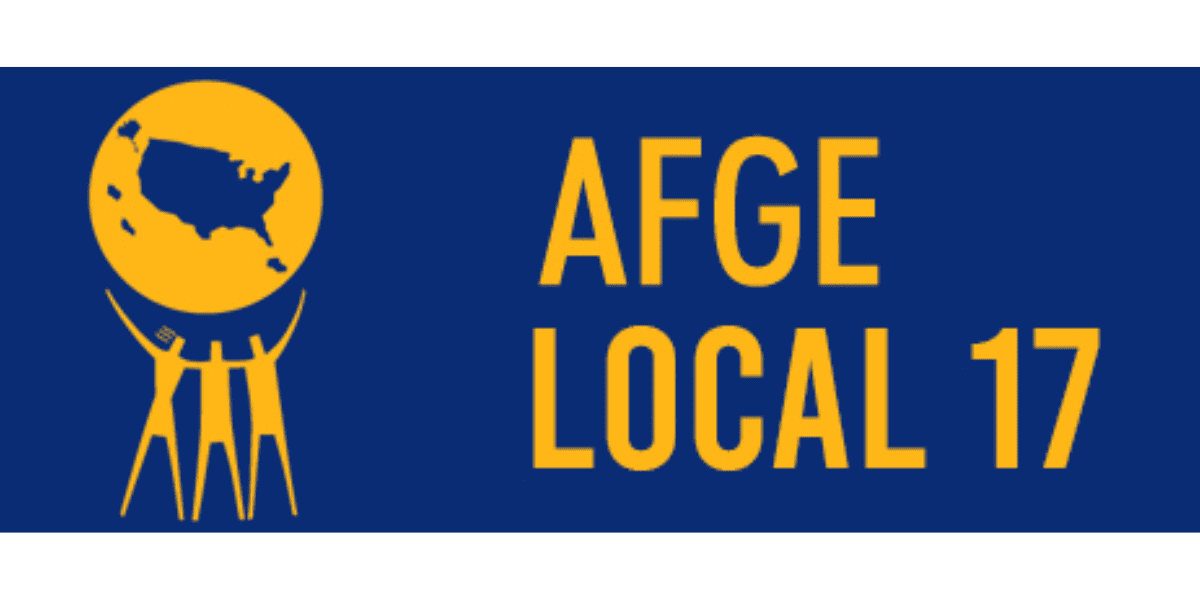President Trump ordered his chief of staff Monday to make sure Congress gets “highly classified” information from the Justice Department, intelligence community and FBI — including details that could shed light on whether the FBI had an informant investigate the Trump campaign.
Mr. Trump also officially requested an inspector general’s investigation into the FBI’s “tactics” toward the Trump campaign in 2016, and the White House and Justice Department said Deputy Attorney General Rod Rosenstein agreed to convey the directive.
At a meeting that also included Director of National Intelligence Daniel Coats and FBI Director Christopher A. Wray, Mr. Trump ordered them to play ball with House lawmakers looking into reports that the FBI recruited an informant to try to get information from key campaign officials.
Chief of Staff John F. Kelly was assigned to make sure Congress gets all the information it is requesting after administration officials balked this month, saying they feared crossing critical secrecy lines if they revealed too much.
Mr. Trump has deeply involved himself after reports that Cambridge professor Stefan Halper, 73, acted as an FBI informant who met with Trump campaign officials, and even tried to pry loose information that the campaign may have had about Russian hacking into the Democratic National Committee’s email.
On Monday, Democrats said Mr. Trump is too involved and warned of a looming constitutional crisis if he continues.
Senate Minority Leader Charles E. Schumer, New York Democrat, called the president’s directive to Mr. Kelly “highly irregular and inappropriate.” But he demanded that any of Mr. Kelly’s follow-up meetings also include congressional Democrats so they can “serve as a check on the disturbing tendency of the president’s allies to distort facts.”
“The president’s behavior is the kind of grossly autocratic behavior we’d expect in a banana republic, not a mature democracy,” Mr. Schumer said.
Mr. Schumer said the president’s outburst is an effort to distract from more news reports about irregularities in the 2016 campaign.
The New York Times reported that Donald Trump Jr. had a meeting three months before the election with three suspect people — an emissary for two wealthy Arab princes, a Republican donor who once led the security firm formerly named Blackwater and an Israeli social media specialist.
Top officials from the Obama administration also accused the president Monday of raw political intervention, while other congressional Democrats said their Republican colleagues’ demands for information seem less about abuse of power and more about undermining special counsel Robert Mueller.
Sen. Dianne Feinstein of California, the top Democrat on the Judiciary Committee, urged Mr. Rosenstein to resist Republicans’ demands. She noted that the Justice Department has said that revealing nonpublic investigative details could compromise an investigation, violate privacy rights of those ensnared in the investigation or give rise to speculation of political influence.
Mr. Trump’s meeting also puts Justice Department Inspector General Michael Horowitz under the spotlight.
Mr. Horowitz issued a devastating report on the role of Andrew McCabe, former FBI deputy director, in leaking information about the Hillary Clinton email investigation to the media. He is finishing a report on James B. Comey’s handling of the Clinton email saga while serving as FBI director, and he recently began a report on whether the FBI acted properly when it sought permission to surveil a Trump campaign figure.
Mr. Horowitz has not indicated whether he will follow the request to investigate the purported informant, but analysts suggest he is likely to follow through.
“In the real world, inspectors general are accountable to one person and one person only, and that’s the president,” said Charles McCullough, a former inspector general for the intelligence community and now partner at Tully Rinckey. “All the president has to do is give Congress notice.”
Mr. Horowitz also needs to be careful with the timing of announcing an investigation if he opens one, said Paul Light, a New York University professor who has written books on the inspector general’s office.
If Mr. Horowitz opens an investigation shortly after Mr. Trump’s tweets, then he could appear as a partisan investigator doing the president’s bidding. But if he waits too long or doesn’t start it at all, then he could be fired for insubordination.
“I think he needs to be aware of the political timing,” Mr. Light said. “Horowitz has to be extremely careful about sending any message that they are calculating a response to the administration.”
In February, Attorney General Jeff Sessions asked Mr. Horowitz to investigate the surveillance order from the Foreign Intelligence Surveillance Court. However, Mr. Horowitz did not announce the investigation until late March.
Negotiating tricky disputes between Mr. Trump and the Justice Department is part of the job, Mr. McCullough said.
“This is what you sign up for when you become an inspector general,” he said.




